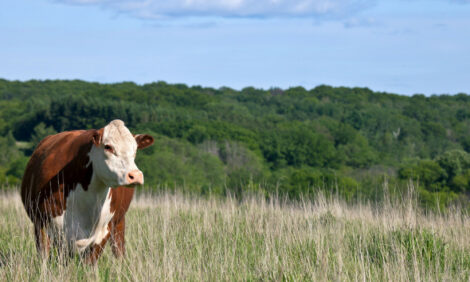



Clues to Pestivirus Control Discovered
AUSTRALIA - Meat and Livestock Australia funded research is shedding light on ways to minimise the spread and reduce losses in cattle herds from bovine pestivirus.
Bovine pestivirus, or bovine viral diarrhoea virus, is an important cause of reproductive failure and is widespread amongst cattle herds where it is often in continuous circulation.
The research, conducted by a team from the New South Wales (NSW) and Queensland Governments and the University of Queensland, aimed to define the impact of the infectious disease and the recently identified protozoon Neospora caninum through studies of cattle herds in NSW, Victoria and Queensland.
These studies have highlighted several key messages for industry. Even low levels of pestivirus transmission in breeding herds may result in significant reproductive loss.
The impact of this virus can be readily reduced through the adoption of practises that reduce its spread in the cattle population. These are directed at maximising herd biosecurity and include screening of replacement breeding stock, ensuring that breeders are immune before joining and preventing the mixing of mobs of unknown pestivirus status while pregnant.
Extra vigilance is required when cattle are agisted or when stock management is changed. Although manipulation of known persistently infected animals can be effective in enhancing herd immunity, their shortened life expectancy reduces the efficiency of such strategies.
Vaccination is likely to be cost effective in most breeding herds where there is potential for the introduction of pestivirus. Seed stock producers should adopt ‘best practice’, only selling animals that have been shown to be free of pestivirus.
The adoption of pestivirus control has benefit for all cattle producers, including those in the breeding, grazing or the feedlot sectors as a reduction in the number of infected animals is likely to reduce reproductive losses as well as losses in feedlots from respiratory and other diseases that attack animals with compromised immune systems.
TheCattleSite News Desk


